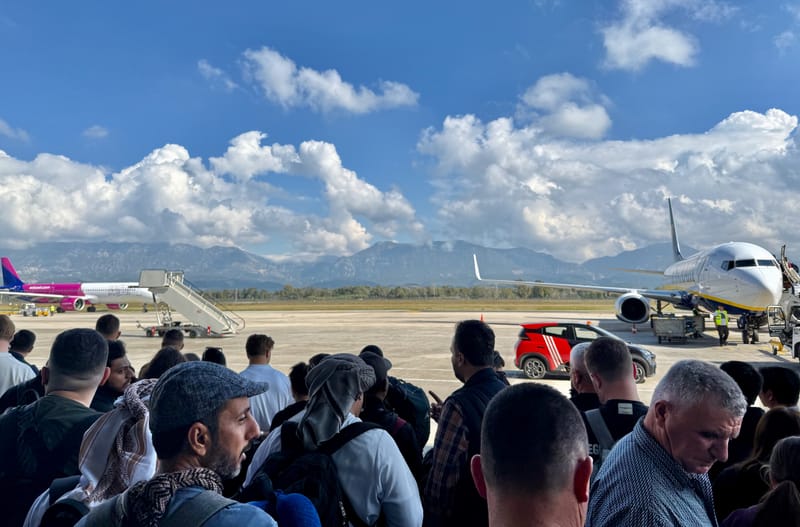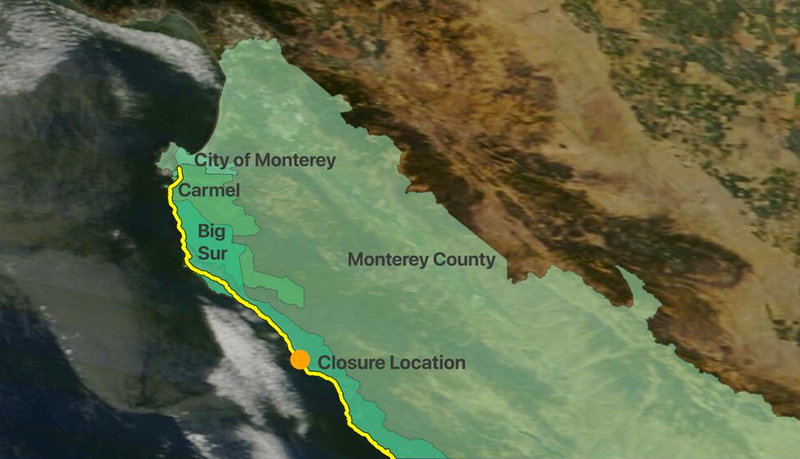How California protects consumers against price gouging during and after disasters
As wildfires, floods, and other emergencies strike California, state law cracks down on businesses and landlords who raise prices unfairly. Here’s what qualifies as price gouging, how long the rules last, and what consumers can do if they’ve been targeted.
Price gouging becomes a major concern during disasters or emergencies when consumer demand spikes. In California, strict laws are in place to prevent sellers from taking unfair advantage of consumers during these vulnerable times.
Ripping off victims of the Southern California wildfires isn't just wrong, it's against California law.
— Governor Newsom (@CAgovernor) January 22, 2025
If you engage in price gouging to profit from this tragedy, you will be held accountable. https://t.co/DxE0UgWUP5
This guides provides a full breakdown of California’s anti-price gouging statute and how it applies to businesses, landlords, and everyday consumers.
What Is Price Gouging?
Price gouging occurs when sellers dramatically increase the prices of essential goods or services during or after an emergency. It often targets basic necessities like food, water, gasoline, medical supplies, and temporary housing—items people rely on most in a crisis.
Is Price Gouging Illegal in California?
Yes—under California Penal Code Section 396, price gouging is illegal during a declared state of emergency. The law prohibits increasing prices by more than 10% for essential goods and services. If a seller begins offering a new good or service after the emergency is declared, they cannot charge more than 50% above their cost to provide it.
Local governments may also have their own ordinances that further restrict price gouging or impose stricter penalties.
When Do the Laws Apply?
Price gouging protections are triggered immediately after an emergency declaration by:
- The President of the United States
- The Governor of California
- A city or county official
The law typically remains in effect for:
- 30 days for most goods and services
- 180 days for emergency cleanup or reconstruction services
These timeframes can be extended by state or local officials if necessary to protect public welfare.
Does the Law Only Apply in Affected Areas?
No. California’s statute extends beyond the specific city or county where the emergency is declared. For instance, if an emergency in San Diego causes evacuees to relocate to Imperial County, businesses in Imperial County also fall under the price gouging law. The law is designed to prevent exploitation across the entire state, wherever demand may surge due to displacement.
Who Must Comply?
Everyone involved in the sale or rental of goods and services:
- Individuals
- Businesses
- Wholesalers
- Distributors
- Manufacturers
- Retailers
Whether you're selling to consumers, other businesses, or government entities, compliance is mandatory.
What Goods and Services Are Covered?
While not exhaustive, the statute specifically covers:
Essentials:
- Food and beverages (including pet food)
- Water
- Lodging and rental housing (hotels, motels, mobilehomes)
- Emergency supplies: flashlights, batteries, candles, diapers, soap
- Medical supplies: prescription drugs, antibacterial products, bandages
Additional Services:
- Home heating oil
- Building materials and construction tools
- Gasoline and other fuels
- Transportation and freight services
- Storage services
- Repair and reconstruction services
Price Increases Due to Higher Costs
If a seller can prove that price increases are directly due to higher costs—such as labor or materials—they may avoid liability. However, this justification must be well-documented and verifiable.
How Rental Housing Is Affected
Rental housing is a key concern during disasters. Here's how the law applies:
- General Rule: Rent cannot be increased by more than 10% of the price charged before the emergency.
- If the unit wasn’t previously rented or advertised: Price cannot exceed 160% of the fair market value (as defined by HUD).
- Short-term rentals (e.g., Airbnb/VRBO): Same 10% cap applies after the declaration.
- Switching from daily to monthly rental: Still capped at 160% of fair market value.
- Extra services (cleaning, utilities, gardening) do not justify higher rent.
Additionally, landlords cannot evict a tenant during an emergency and then re-rent at a higher price—that’s a separate misdemeanor offense.
Can a Landlord Accept a Higher Rent Offer?
No. Even if a tenant voluntarily offers to pay more than the 10% cap, it is illegal for a landlord to accept the excess amount.
Penalties for Violating Price Gouging Laws
Violators face severe consequences:
- Criminal penalties:
- Up to 1 year in county jail
- Fines up to $10,000
- Civil penalties:
- Up to $2,500 per violation
- Possible injunctions and mandatory restitution
Enforcement actions can be initiated by:
- The Attorney General
- Local prosecutors
- Private individuals
How to Report Price Gouging
Even though the Attorney General cannot represent individuals directly, they can investigate and prosecute cases on behalf of the public. Consumers are encouraged to report:
- Online: Attorney General’s Complaint Form
- By phone: (800) 952-5225
If you are considering legal action, you can:
- Contact the State Bar of California at (866) 442-2529
- Visit www.calbar.ca.gov
- Seek free assistance through LawHelpCA.org or LSC.gov
What Can Local Officials Do?
Local governments have the authority to:
- Extend price gouging protections in 30-day increments
- Pass their own local ordinances to prohibit price gouging with potentially stricter rules and penalties
Final Thoughts
California’s price gouging laws are designed to protect consumers during times of crisis. Whether you’re a business owner, landlord, or consumer, it’s critical to understand your rights and responsibilities. Price gouging not only damages public trust—it can come with serious legal consequences. Stay informed, stay fair, and if you see something suspicious, report it.







